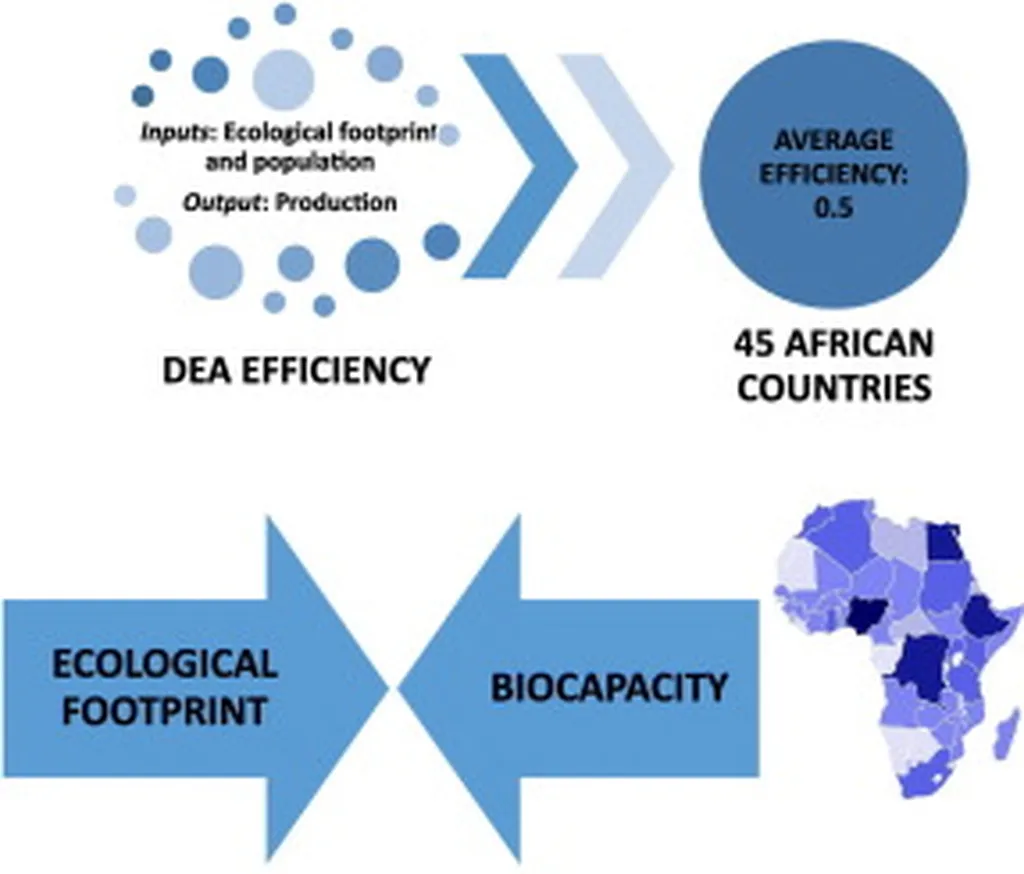In a groundbreaking review published in the journal *Frontiers in Sustainable Food Systems* (formerly *Frontiers in Animal Science*), Mwenda Mbaka from the Alliance for Human Animal Coexistence in Nairobi, Kenya, sheds light on the often-overlooked ecological debt that industrialized nations owe to the Global South, particularly Africa. The paper delves into the historical and ongoing impacts of industrial agriculture, which has been exported from the Global North to the Global South, causing significant ecological harm and disproportionately affecting the latter.
Mbaka’s research interrogates the “triple planetary crisis” of climate change, pollution, and biodiversity loss, highlighting that these issues were disproportionately caused by the Global North but have had severe repercussions on the Global South. “The ecological debt is a moral and financial responsibility that industrialized nations must acknowledge and address,” Mbaka asserts. This debt, he argues, should be used to support a just transition towards humane, sustainable, and culturally-appropriate food systems in Africa.
The paper introduces a 3Rs framework to guide this transition: Reduction, Refinement, and Replacement. Reduction focuses on addressing food waste and rebalancing diets towards plant-based options. Refinement emphasizes regenerative agriculture, animal welfare, and traditional knowledge. Replacement promotes healthy, nutritious alternatives, including indigenous superfoods, plant-based, and cultivated products.
However, the path to food systems change is fraught with complexities. Barriers such as policy, funding, quantifying and securing ecological debt, and dietary change remain significant hurdles. Mbaka suggests that values-based governance and holistic reform, based on further specialist research, could help overcome these challenges.
The implications of this research are profound for the energy sector, particularly in terms of sustainable agriculture and food production. As the world grapples with the impacts of climate change, the need for sustainable and resilient food systems has never been more urgent. Mbaka’s work underscores the importance of addressing ecological debt and promoting just transitions, which could pave the way for innovative solutions in the energy sector.
“By acknowledging ecological debt and promoting just transitions, we can create food systems that are not only sustainable but also humane and culturally appropriate,” Mbaka concludes. This research is a call to action for policymakers, researchers, and industry leaders to work together towards a more equitable and sustainable future.
As the world continues to grapple with the impacts of climate change, the need for sustainable and resilient food systems has never been more urgent. Mbaka’s work underscores the importance of addressing ecological debt and promoting just transitions, which could pave the way for innovative solutions in the energy sector. The research published in *Frontiers in Sustainable Food Systems* serves as a timely reminder of the interconnectedness of our global food systems and the urgent need for action.

